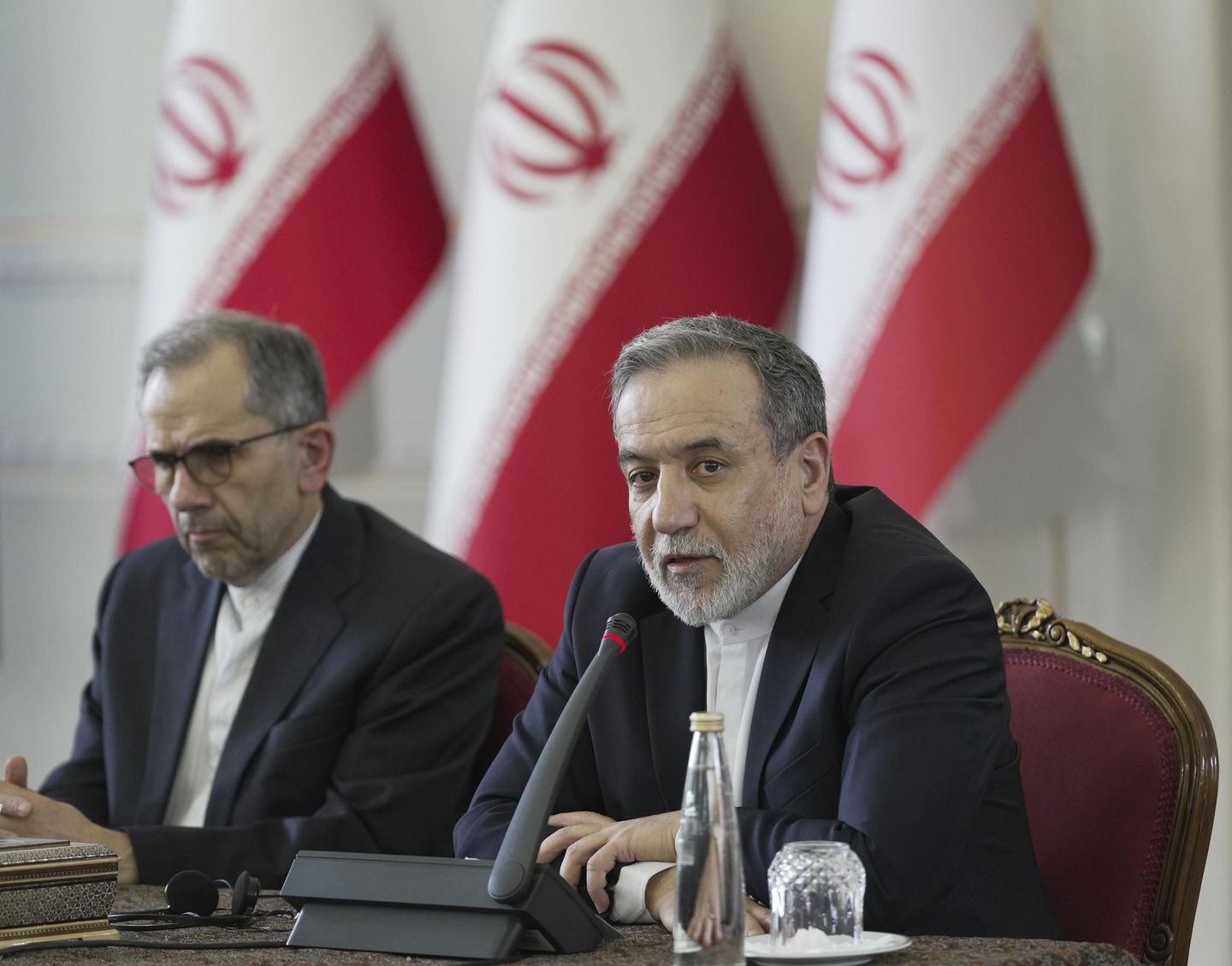
Iran’s foreign minister refused to commit to further nuclear negotiations with the U.S., asserting that talks couldn’t take place under hostile conditions.
Speaking to state-affiliated media on Wednesday, Iranian Foreign Minister Abbas Araghchi said U.S. officials reached out to reopen negotiations, but he maintained that the Islamic Republic would do so only with security guarantees.
“We have officially and explicitly stated that if they, the Americans, think that we will enter negotiations to achieve what they could not obtain through the military attacks, this will not happen now or in the future,” he told Iranian state TV Wednesday.
Mr. Araghchi added that whether talks continue will depend on “what our national interests require.”
The Washington Times has reached out to the State Department for comment.
Despite its guarded stance toward further U.S. negotiations, Iranian officials recently entered talks with European leaders over the future of their uranium enrichment program.
After Iran’s Parliament passed a law last month suspending cooperation with the International Atomic Energy Agency, leaders in Germany, France and the U.K. threatened to trigger the snapback mechanism of the Joint Comprehensive Plan of Action. The EU leaders said they would trigger the mechanism, which would impose massive economic sanctions on Iran, if the Islamic Republic refuses to commit to international oversight of its nuclear program.
Iran says the talks, which began July 25 in Istanbul, don’t constitute formal negotiations. According to Iranian government spokeswoman Fatemeh Mohajerani, the talks are simply an “exchange of views” on the Iranian nuclear issue.
“There are no talks aimed at reaching a deal with Europe at the moment,” she said.
Despite its insistence that the talks aren’t substantial negotiations, Iran has backtracked slightly on its relationship with the IAEA. Following the EU talks, Iranian officials announced that IAEA representatives would begin negotiations with Tehran to outline a framework for the organization’s future operations in the country.
Still, Tehran has publicly maintained that the IAEA’s report on Iran’s nuclear transparency paved the path for war in June.








